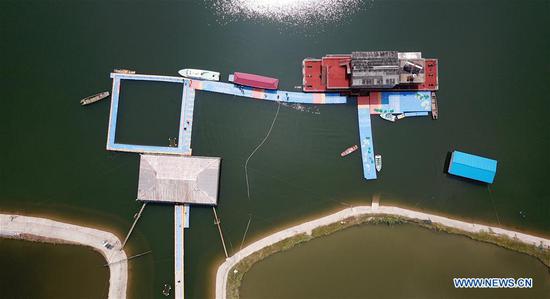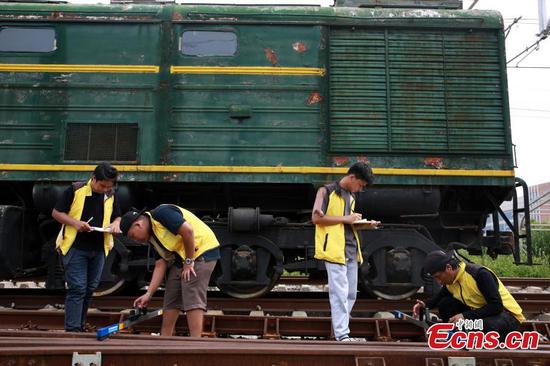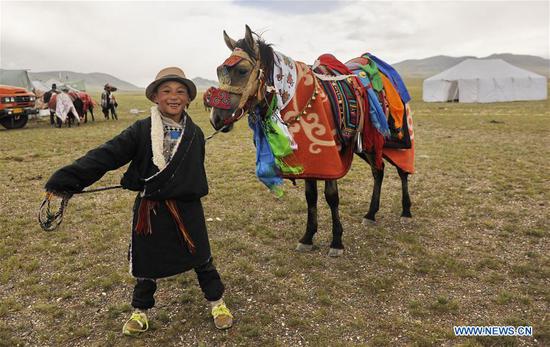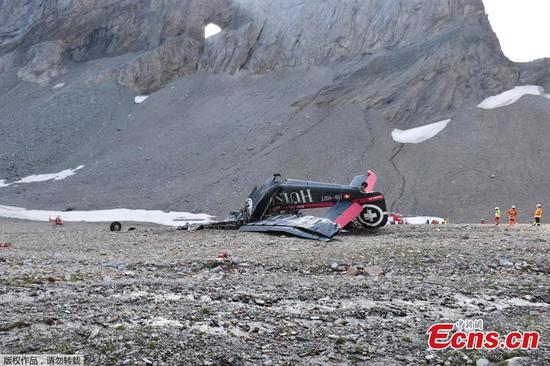Madrid has agreed to take back asylum seekers from Germany who have previously entered the European Union (EU) via Spain, a spokesperson for the German interior ministry announced on Wednesday.
According to the spokesperson, the measures specifically concerned asylum seekers for whom Spain was responsible under the rules of the so-called Dublin III regime.
The bilateral agreement will take effect as of Aug. 11 on the same day that German Chancellor Angela Merkel is scheduled to hold informal talks on European migration policy in Andalusia with Spanish Prime Minister Pedro Sanchez.
German authorities are generally only able to refuse entry to foreign citizens without documents at the border if they did not plan to file an application for humanitarian residence in the country.
As of Saturday, this regulation will no longer apply to non-EU nationals who attempt to enter Germany illicitly after first setting foot in Spain.
Even individuals who indicate that they want to obtain asylum upon arrival will be detained and returned to Spanish territory within 48 hours.
German interior minister Horst Seehofer has announced that he plans to sign similar agreements with Italy and Greece which are the two other major entry points for migrants and refugees into the EU alongside Spain.
Unlike Madrid, the Italian and Greek governments have so far been unwilling to make unconditional offers to take back asylum seekers from Germany for whom they are technically responsible.
A formal diplomatic agreement is also still pending with Germany's southern neighbor Austria, although the interior ministry highlighted on Wednesday that Berlin and Vienna had already reached a consensus on the issue.
The number of asylum seekers who arrive in Germany despite having filed applications elsewhere has fallen dramatically since the height of the 2015 refugee crisis.
Nevertheless, Seehofer recently threatened to resign unless Merkel endorsed his controversial proposal to automatically turn back all asylum seekers at the German border who have previously been registered elsewhere in the bloc.
The ultimatum imposed by the interior minister marked an unprecedented show of cabinet disobedience and threatened to trigger the collapse of the ruling government.
A last-minute compromise was ultimately reached between Merkel and Seehofer to establish so-called transit centers where affected asylum seekers will be held before organizing their return to the responsible member state on the basis of prior bilateral agreements such as the one signed with Spain.
Seehofer has argued that a normalization of German asylum policy is needed again after the massive influx of new arrivals from 2015 onwards led to a temporary suspension of the Dublin regime.
However, critics of the system, including Italy and Greece, have repeatedly drawn attention to what they view as its unfair institutional division of labor and called for reforms. States located geographically at the external borders of the Schengen area are currently legally responsible for the vast majority of arrivals.
So far, EU interior ministers have been unable to agree on the shape of a "Dublin IV" regime to replace Dublin III. In the meantime, Spain has overtaken Greece and Italy as the biggest destination for asylum seekers and migrants coming to Europe from Africa as of the first half of 2018.


















































